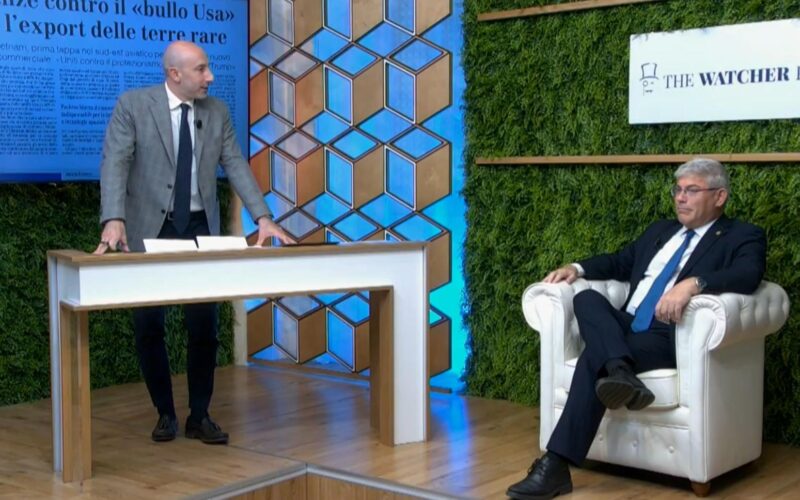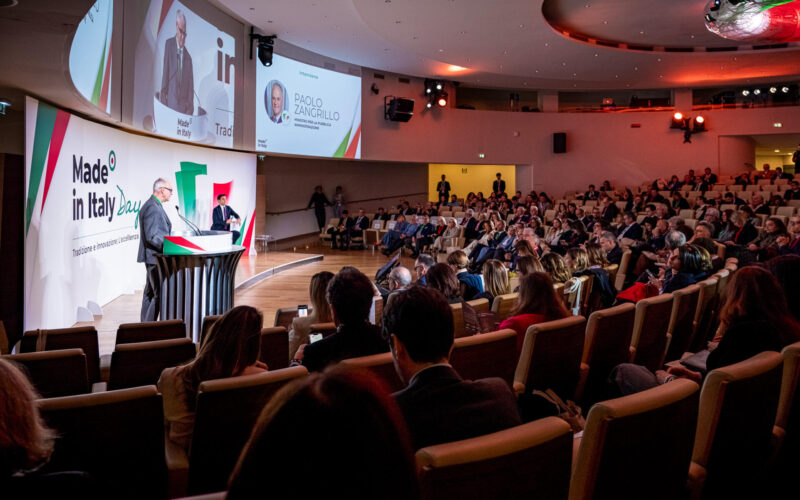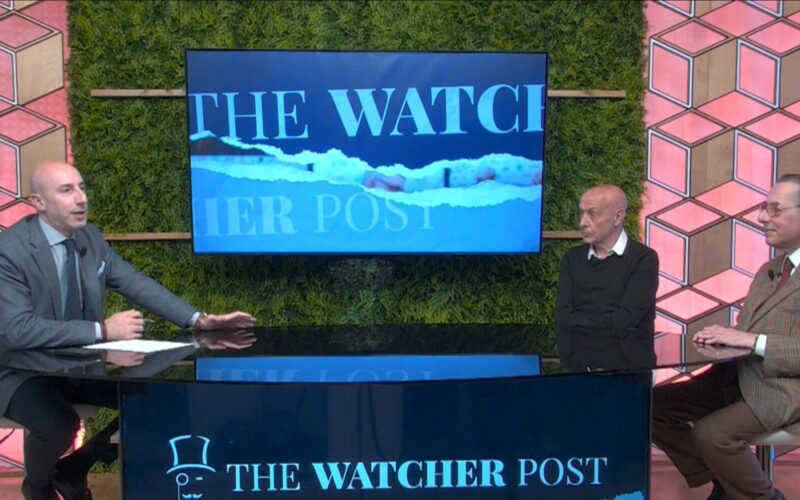Place Lux
Commission proposes derogations on CAP conditionality as farmers’ protests loom over Brussels
Di Sara Bellucci
With the colorful farmers’ tractors parading through the streets of Brussels, heading towards the European Parliament, the Commission is trying to provide answers to the farmers’ claims, while avoiding to step back in promoting a fairer and more sustainable agriculture in Europe. Thus, the it proposed some derogations to the rules of the Common Agricultural Policy (CAP) in the attempt of answering to at least some of their requests.
Farmers’ protests are sweeping across the European Union, fueled by the fear that environmental measures may further erode their profit margins, already threatened by rising production costs. In Germany already in December farmers had blocked the access to streets against the decision of the government to phase out diesel subsidies and fiscal incentives to buy agricultural machinery. In the last weeks, demonstrators have raised their voices in France, in Spain and Italy, farmers are joining the movement.
While farmers’ requests may vary from state to state, in Brussels they seem to have found a common enemy in the CAP, and more specifically in the introduction of a set of nine standards, the so-called GAEC, aimed to ensure that EU subsidies do not end up in activities detrimental for the environment and the climate. This rules for conditionality, made more ambitious by the latest CAP reform, are in force since 1 January 2023. In particular, the one that has raised more concerns is GAEC 8 standard, which requires, among other things, devoting a minimum share of arable land to non-productive areas or features, such as land lying fallow but also hedges or trees. Generally speaking, farms with less than 10 hectares of arable land are free from this requirement.
This request, a key pillar of negotiations between French farmers and French Prime Minister Attal, has been met yesterday by the EU Commission, which is now proposing to allow EU farmers to derogate from GAEC 8 for 2024 and still be eligible for their CAP basic direct payment. Actually, GAEC8 implementation was already suspended in 2023.
In concrete terms this derogation means that, instead of keeping the land fallow or unproductive on 4 % of their arable land, EU farmers will have the possibility of growing nitrogen fixing crops (such as lentils, peas, or favas) and/or catch crops on 7% of their arable land. In this case, they will be considered as meeting the requirement. Indeed, catch crop plants and nitrogen-fixing crops are of huge importance for soil health, including for soil biodiversity and for limiting nutrient leaching. There is a condition, though, to ensure that this derogation would not harm the environment: the crops are to be grown without plant protection products.
With its proposal, the Commission strives to provide the right balance between offering appropriate relief to farmers facing numerous crises on the one hand, and protecting biodiversity and soil quality on the other hand. Farmers do have a point when they say that procuring food in Europe is not economically sustainable, and this is true even without considering environmental measures. Indeed, agriculture is one of the sectors that weights more on the EU budget, with CAP accounting for 33.1% of the 2021 EU-27 budget (EUR 55.71 billion). And most one of the key pillars of CAP is income support in the form of direct payments. And that is because institutions do acknowledge that despite the importance of food production, farmers’ income is around 40% lower compared to non-agricultural income and that agriculture depends more on the weather and the climate than many other sectors.
While the announcement has not stop farmers to drive their trucks into Brussels city center, the Commission’s proposal aims to provide a first concrete policy response to address farmers’ income concerns. Forwarded to Member States who will vote on it in a committee meeting, if adopted the measure will be retroactively applicable as of January 2024.








